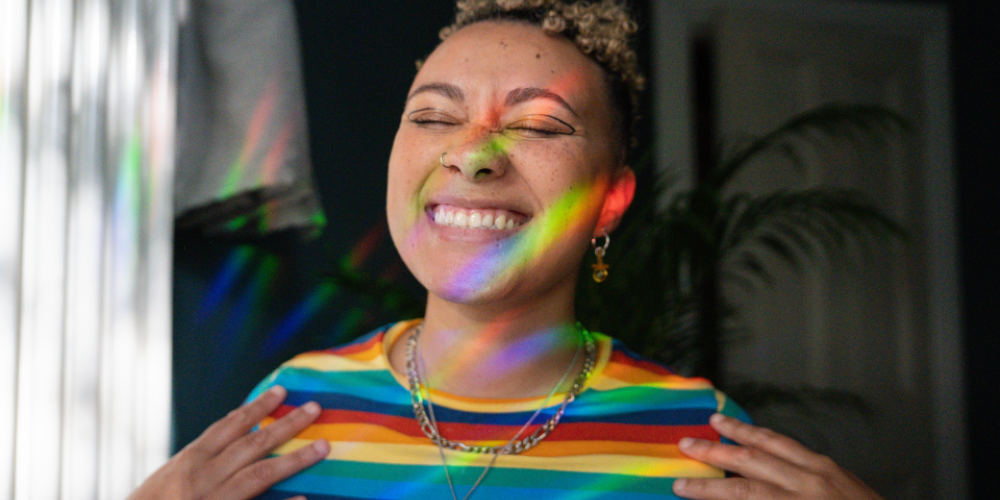Appreciating and supporting neurodiversity
The report will be exploring methods to support both neurodiverse people and those supporting those with neurodiversity.

Appreciating and supporting neurodiversity
Stuart Martin, Skills Group
Neurodiversity (ND) describes the concept that people experience and interact with the world around them in many different ways; there is no one "right" way of thinking, learning, or behaving, and differences are not viewed as deficits. This concept can reduce stigma around neurodiversity and learning differences.
It is estimated that between 15-20% of the world’s population is neurodiverse¹. Many neurodiverse individuals/kanorau ā-roro exit the education system with low self-esteem, low aspirations, and have trouble finding and keeping work. Research shows high rates of anxiety amongst neurodiverse learners which gives way to health and well-being issues and the significantly high rates of dyslexia found amongst the prison inmate population (estimated to be up to 90% compared to ten percent of the wider NZ population) demonstrate how we have failed both the neurodiverse community but also Māori and Pacific communities (in prisons). All of this combined is a waste of talent and is estimated to cost New Zealand NZD$800 million a year in unidentified and unsupported dyslexia alone.
ND affects all people, but for communities that are already marginalised, the intersectionality leads to further isolation. Only three percent of SPELD diagnosis are with Māori. Families don’t have the resources to access suitable support, schools are underfunded and under-trained. The disadvantaged are even more disadvantaged. There is a lot of shame around being neurodiverse in the workplace and in life. Evidence suggests this could be stronger in some cultures.
Cultural awareness of all these conditions, a lack of culturally targeted services and culturally diverse expectations of children’s behaviour and developmental milestones can also affect engagement and early intervention. Research shows there are barriers for Māori, Pasifika and Asian families to access disability and support services for brain and behaviour issues. NZ research highlights the cultural biases in neuropsychological testing and programmes, which mean that all New Zealanders, but Māori in particular, score less well on some tests that are based on American-normed education and assessment systems, and need adjustment.
The representations of, and understandings of neurodiversity also very much favour stereotypically male manifestations, particularly in autism and ADHD. Due to this, there are a number of women who do not get diagnosed at a similar time to men and can result in mental health issues due in part to society reinforcing that their behaviour is their own personal failing. Providing further understanding of different representations of neurodiversity from a young age is therefore critical.
To ensure that there is success in this field there is also a need to shift from compliance-based inclusion (disability plans etc) to deliberate inclusion, from ‘they’ to ‘us’ and ‘we’.
The title of this report is appreciating and supporting neurodiversity. The report will be exploring methods to support both neurodiverse people and those supporting those with neurodiversity. With appreciating, this report is focused on the appreciation of the diversity of neurodiversity, and whilst this report cannot explore and provide focused elements for every condition under the neurodiversity umbrella, it is focused on support that can be used for most, if not all areas under the umbrella.
Download the full report
¹Joel Montvelisky, ‘Neurodiversity As A Strengthening Point For Your Team And Our Society’, Forbes, August 13 2021, .